To provide the best experiences, we use technologies like cookies to store and/or access device information. Consenting to these technologies will allow us to process data such as browsing behaviour or unique IDs on this site. Not consenting or withdrawing consent, may adversely affect certain features and functions.
The technical storage or access is strictly necessary for the legitimate purpose of enabling the use of a specific service explicitly requested by the subscriber or user, or for the sole purpose of carrying out the transmission of a communication over an electronic communications network.
The technical storage or access is necessary for the legitimate purpose of storing preferences that are not requested by the subscriber or user.
The technical storage or access that is used exclusively for statistical purposes.
The technical storage or access that is used exclusively for anonymous statistical purposes. Without a subpoena, voluntary compliance on the part of your Internet Service Provider, or additional records from a third party, information stored or retrieved for this purpose alone cannot usually be used to identify you.
The technical storage or access is required to create user profiles to send advertising, or to track the user on a website or across several websites for similar marketing purposes.
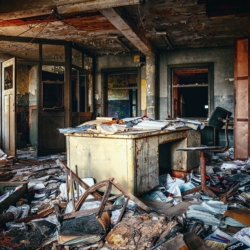 A significant proportion of global office space is at risk of obsolescence, with up to £1 trillion required to revitalise aging office buildings, according to a new report from real estate firm JLL. The report, titled Opportunity through Obsolescence, sets out to highlight the challenges posed by outdated structures, increasingly stringent regulations, and shifting tenant preferences, but also identifies opportunities for property owners and cities to create long-term value through investment and adaptation. (more…)
A significant proportion of global office space is at risk of obsolescence, with up to £1 trillion required to revitalise aging office buildings, according to a new report from real estate firm JLL. The report, titled Opportunity through Obsolescence, sets out to highlight the challenges posed by outdated structures, increasingly stringent regulations, and shifting tenant preferences, but also identifies opportunities for property owners and cities to create long-term value through investment and adaptation. (more…)







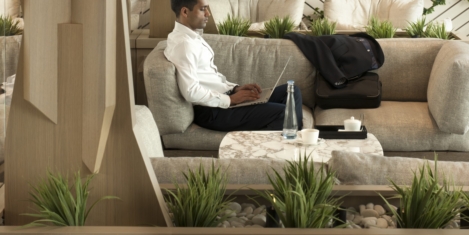
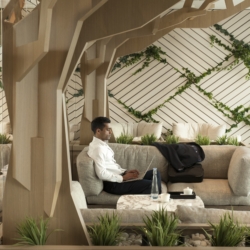
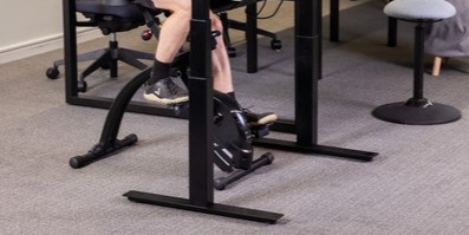
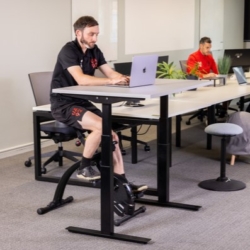
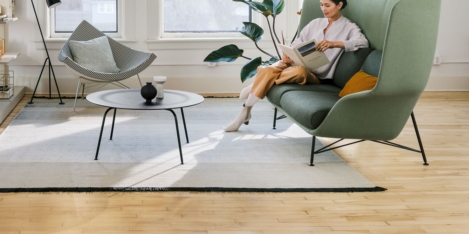
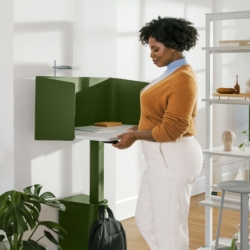
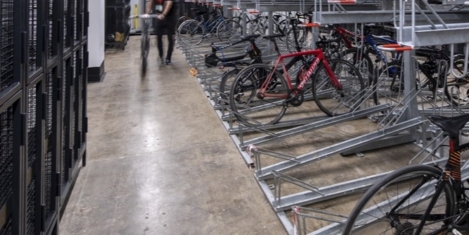
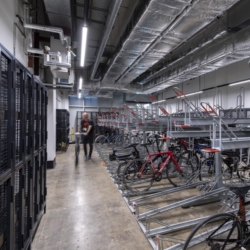
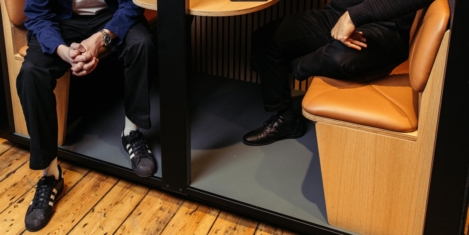
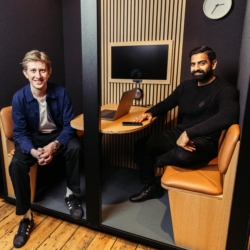
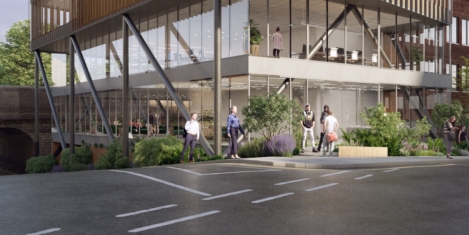
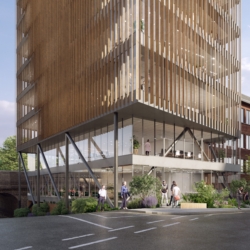














July 18, 2024
Connection through design: The role of office designers in fostering workplace ties
by Mark Catchlove • Comment, Workplace design